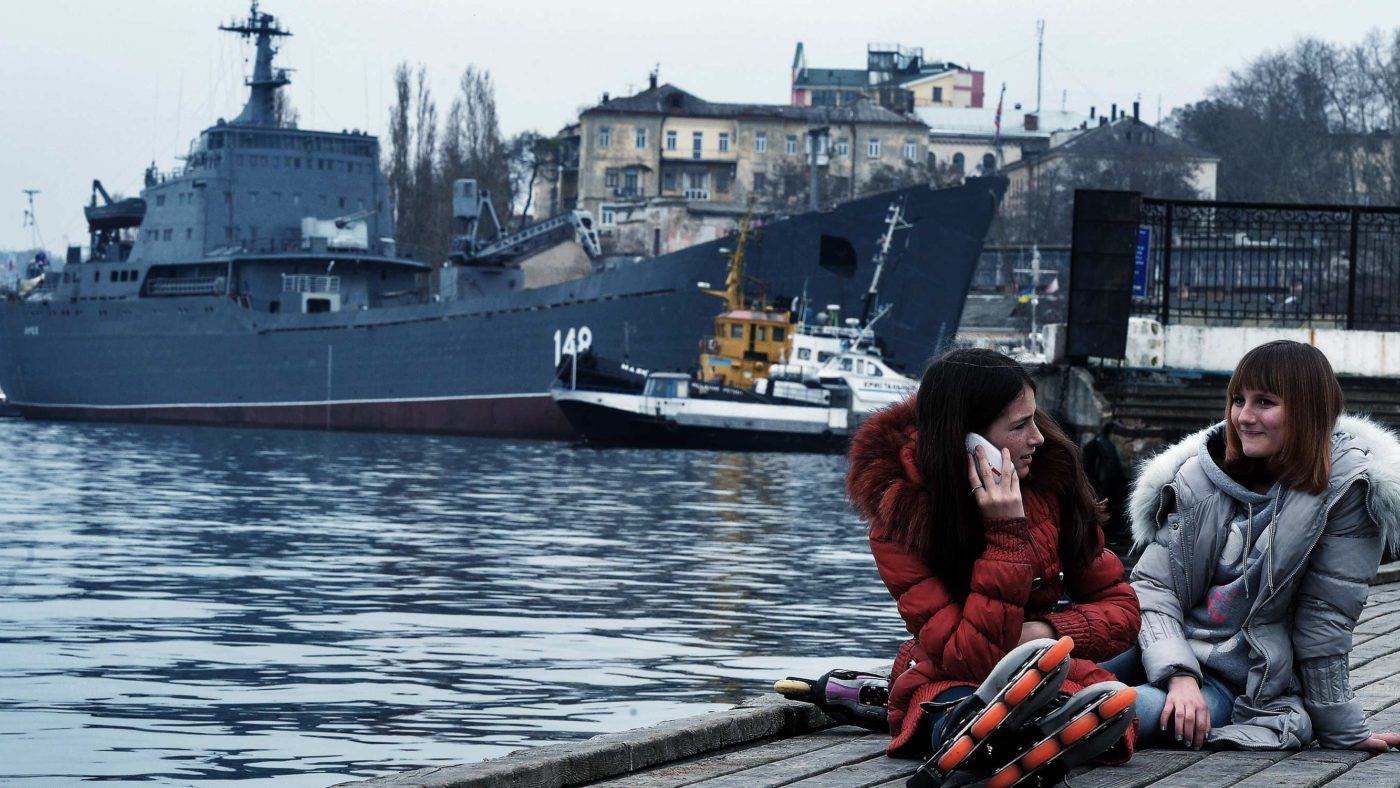Ukraine has had no choice but to look westwards for new export markets. The war in eastern Ukraine has severely curtailed its access to the Russian market. Industrial production has been decimated, and Ukrainian food exports have been met with increasingly arbitrary “food hygiene checks” on the Russian side, with free trade between the two states ultimately suspended by Russia.
While similar Russian practices towards European Union goods have created a vibrant black market for Camembert among middle class Muscovites, and mark a minor annoyance for EU firms, Ukrainian businesses have been forced to conduct an about turn in their trading relations. The EU is now Ukraine’s biggest trading partner, with 40 per cent of its trade going westwards.
But in making this rapid change, Ukrainian businesses have faced a steep learning curve, as selling in the single market means meeting EU standards.
“This has meant that Ukrainian businesses have had to move away from using the old Soviet standards” said Lyubov Akulenko, executive director of the Ukrainian Centre for European Policy. A hangover from the Soviet Union, “Gost” standards specify exactly how a product should be made.
This made sense in the context of an economy that needed parts of a tractor made in Moscow to work with parts made in Vladivostok. But these standards are not flexible enough for the modern world economy. It is just not efficient to specify “what colour each component part has to be, and what kind of salt workers have to wash their hands with” as Akulenko put it.
“EU standards tend to be about safety and product quality. Colour and material doesn’t matter. The problem for Ukrainian industry is that meeting EU standards does not come cheap. You have to find people who know how to work to the standard, and you have to change your factories.”
Investing in new industrial equipment and redesigning factory floors are one off costs that larger firms can absorb. But for many Ukrainian SMEs, already struggling in a flagging economy and with an unstable currency, these costs are an effective bar to the single market. To make this worse, a paucity of bank capital has made loans to fund such improvements difficult to come by. “Our banks are not at the stage at which they can offer the credit to allow smaller businesses to make these changes.”
This has left Ukraine reliant on raw material exports, with manufactured goods and services exports struggling to find buyers. Akulenko explained that while the EU was helping firms understand the standards, it was less keen to provide the capital needed to put them into practice.
“The EU is very active with consultancy” she explained, “but I don’t know of any projects that provide real loans.”
Beyond the cost barriers to non-Russian markets, standards that seem common sense in European markets can have damaging knock on effects in Ukraine, by offering more opportunities for corruption.
“One standard we have had to work to adopt are stringent food safety checks. This means producers are subject to random inspections. But the problem I a lot of the corruption that takes place in Ukraine is conducted by public officials. They find loopholes in the law that allow them to tie up business proposals in red tape that they will only cut in return for payment.”
Instead of having to give notice of inspections as was previously the case, adopting EU health and safety standards would offer corrupt public officials the chance to carry out endless random checks until the company in question gave up and paid them off.
Understandably, businesses are reluctant to adopt such standards. Indeed, this corruption also makes it difficult for journalists to report on successful business ideas.
“For many firms that media exposure is more trouble than it is worth” Akulenko explained.
“Firms will say ‘we are not ready to speak about this. I don’t want you to write about my company because tax service will read this article saying we are doing well exporting to the EU, and will come to us the next day asking for bribes.'”
However, in the longer term, Akulenko said that Ukraine has no real choice but to accept EU standards.
“These costs were going to have to be faced at some point. There might be three four or five years of pain” but she said that it was the only way to open Ukraine up to the global market. It’s a Rubicon for our economy. Even Putin understands that Soviet industrial standards are not the future”
However, this is will not come easily. Ukrainian state support for this process of change is likely to be limited, with the government dealing with three intertwining territorial, political and the economic crises.
But to trade fully with its western neighbours, Ukrainian firms will have to go through some painful economic adjustments.


